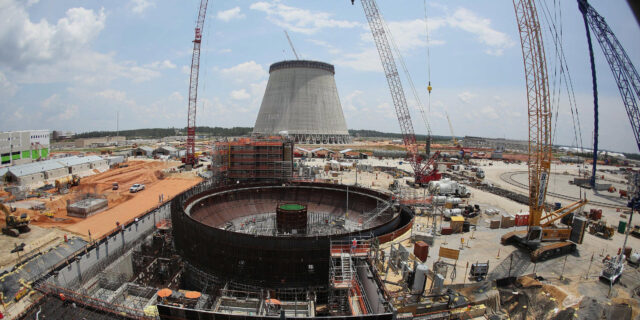When it comes to the world of energy production, power plants play a pivotal role. From biomass to nuclear, these facilities are the backbone of our modern society. However, building and maintaining these powerhouses of electricity generation is no walk in the park. The construction of power plants, especially nuclear ones, is a complex task fraught with challenges. In this article, we’ll guide you through the intricacies of power plant construction and introduce you to the experts who can help you overcome these challenges.
What is the biggest problem faced during the functioning of a nuclear power plant?
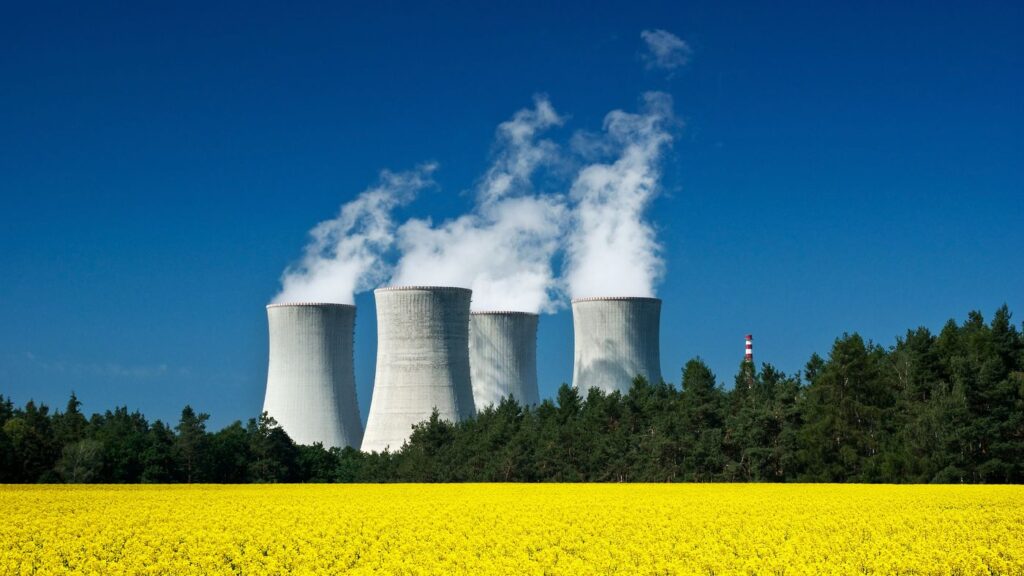
Operating a nuclear power plant comes with its fair share of challenges. Still, the most significant concern is safety. Ensuring the safety of personnel, nearby communities, and the environment is paramount. The risk of accidents, though minimal, demands constant vigilance and strict adherence to safety protocols. In unforeseen incidents, having a power plant expert witness on your side can prove invaluable in assessing and mitigating the damage.
What is one advantage of nuclear power that is beneficial to the economy?
Nuclear power offers a substantial advantage to the economy through its capacity to produce a large amount of electricity with minimal fuel. Unlike fossil fuels, atomic reactors require relatively small amounts of uranium to generate a significant amount of energy. This efficiency translates into stable energy costs and reduced dependence on fluctuating fossil fuel markets, ultimately benefiting consumers and businesses.
What are the five challenges to using nuclear power?
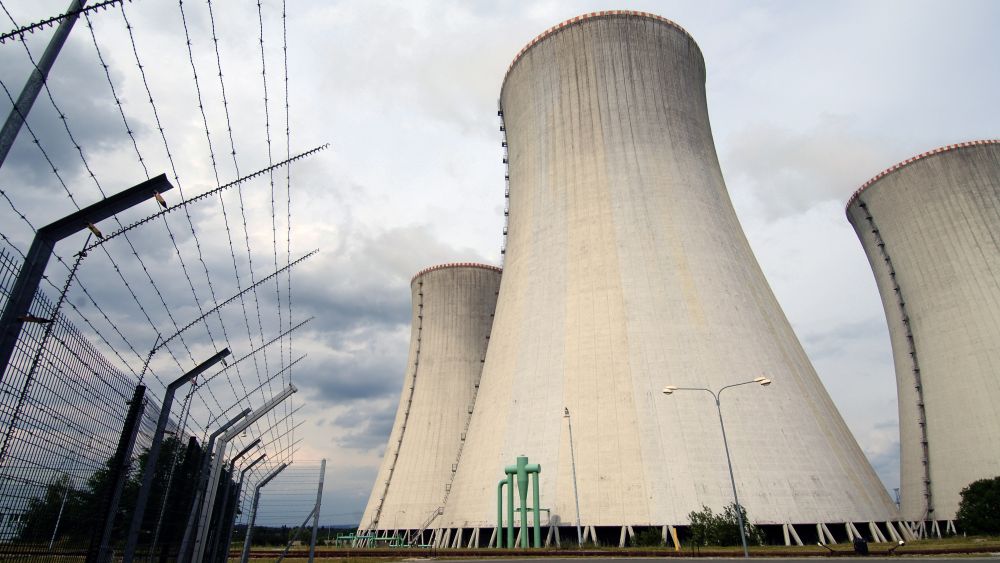
1. Waste Disposal: Managing radioactive waste is a long-term challenge. Finding suitable disposal sites and ensuring the safe containment of waste materials is a significant concern.
2. High Initial Costs: Building a nuclear power plant requires substantial upfront investment due to stringent safety standards and complex engineering.
3. Safety Concerns: Safety is a top priority, and the potential for accidents, though rare, remains a challenge.
4. Public Perception: Nuclear power often faces public skepticism and opposition due to concerns over safety and radioactive waste.
5. Nuclear Proliferation: The spread of nuclear technology raises concerns about its misuse for weapons production.
Looking through these challenges requires a deep understanding of nuclear technology and regulatory compliance. Partnering with a seasoned power plant expert witness can provide the expertise to tackle these issues effectively.
How can we control the power produced in nuclear power plants?
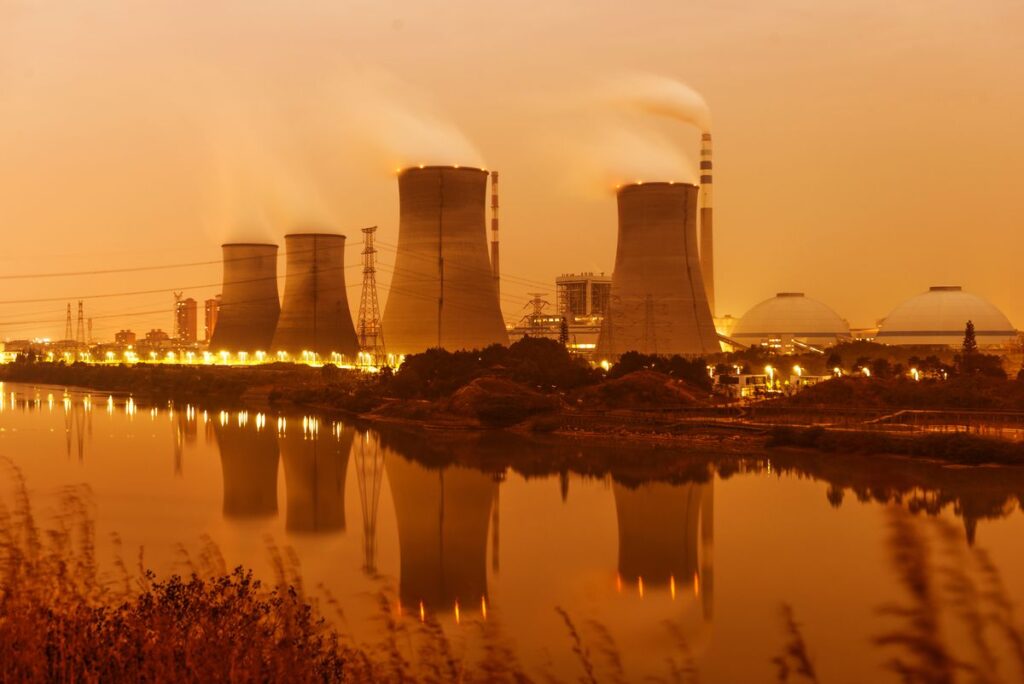
Controlling the power produced by a nuclear reactor is crucial for making sure that it has safe and efficient operation. This is achieved through a complex system of control rods, which absorb neutrons and regulate the atomic chain reaction. Precise control is essential to prevent overheating and maintain a stable energy output.
What are the benefits of nuclear power plants to the people and the environment?
Nuclear power offers several benefits to both society and the environment:
- Low Greenhouse Gas Emissions: Nuclear power generates electricity with minimal greenhouse gas emissions, making it a valuable tool in combating climate change.
- Reliable Energy Source: Nuclear power provides a stable source of electricity, reducing the risk of power shortages and blackouts.
- Job Creation: The nuclear industry creates jobs in construction, maintenance, and research, contributing to local economies.
- Energy Independence: Nuclear power reduces reliance on imported fossil fuels, enhancing energy security.
- Long-Term Sustainability: With advancements in nuclear technology, the potential for sustainable nuclear energy sources, such as thorium reactors, is being explored.
How do you find the right company to help you construct power plants and facilities?
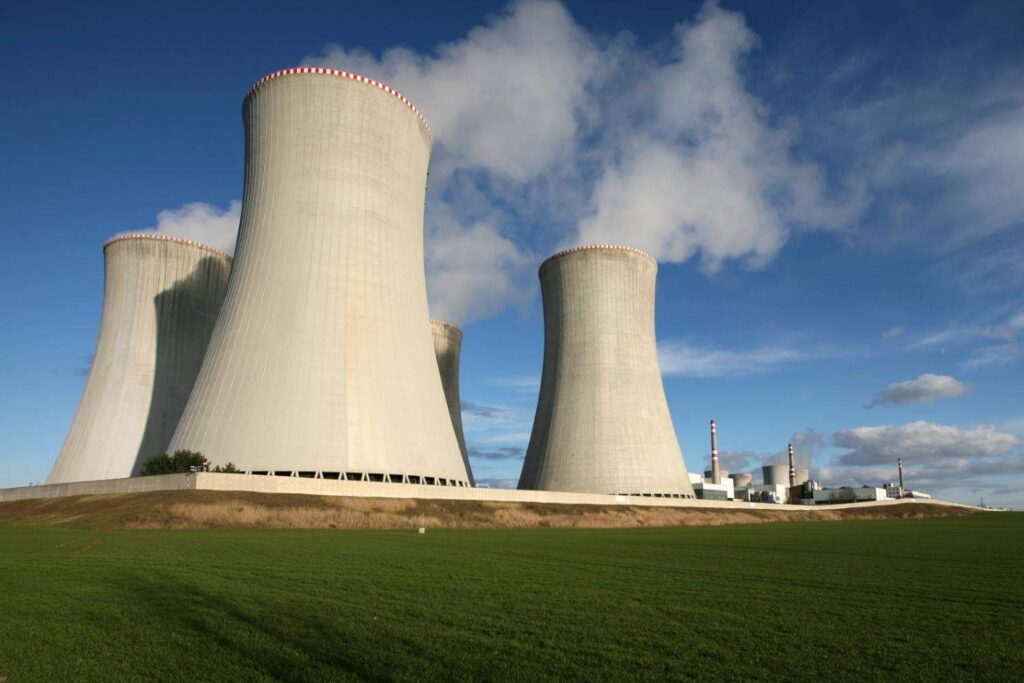
Choosing the right company for power plant and facilities construction is critical to the success of your project. Here are some steps to help you find the perfect partner:
1. Evaluate Experience: Look for companies with a proven track record in power plant construction, especially in the specific type of plant you require, whether it’s biomass, nuclear, or another form of energy generation.
2. Check References & Feedbacks: Ask for references from past clients and projects. A reputable company will gladly provide them.
3. Assess Expertise: Ensure that the company has experts in the field, including engineers, project managers, and safety specialists.
4. Consider Safety Records: Safety is paramount in power plant construction. Review the company’s safety records and protocols.
5. Budget and Timeline: Discuss budget constraints and project timelines upfront to ensure they align with your expectations.
6. Licensing and Compliance: Verify that the company holds the necessary licenses and complies with local regulations.
Power plant construction is complex and challenging, covering everything from biomass and geothermal drilling techniques to nuclear energy. The project involves a range of safety concerns, economic considerations, and intricate details that require the expertise of seasoned professionals. Your site must have a trusted power plant expert witness to ensure compliance, safety, and project success. Therefore, choosing your partners wisely and working together toward a brighter and more sustainable future is essential.

